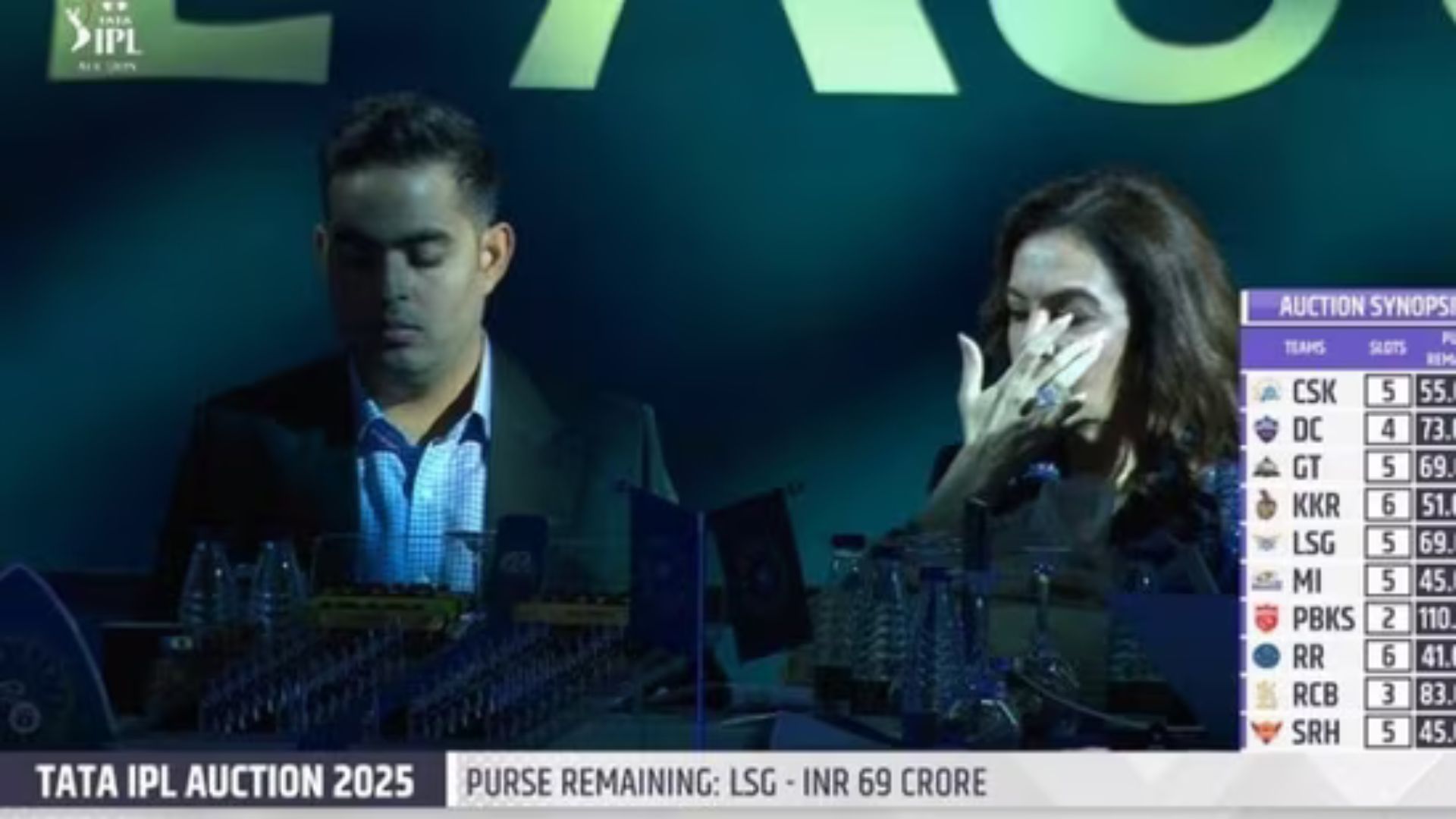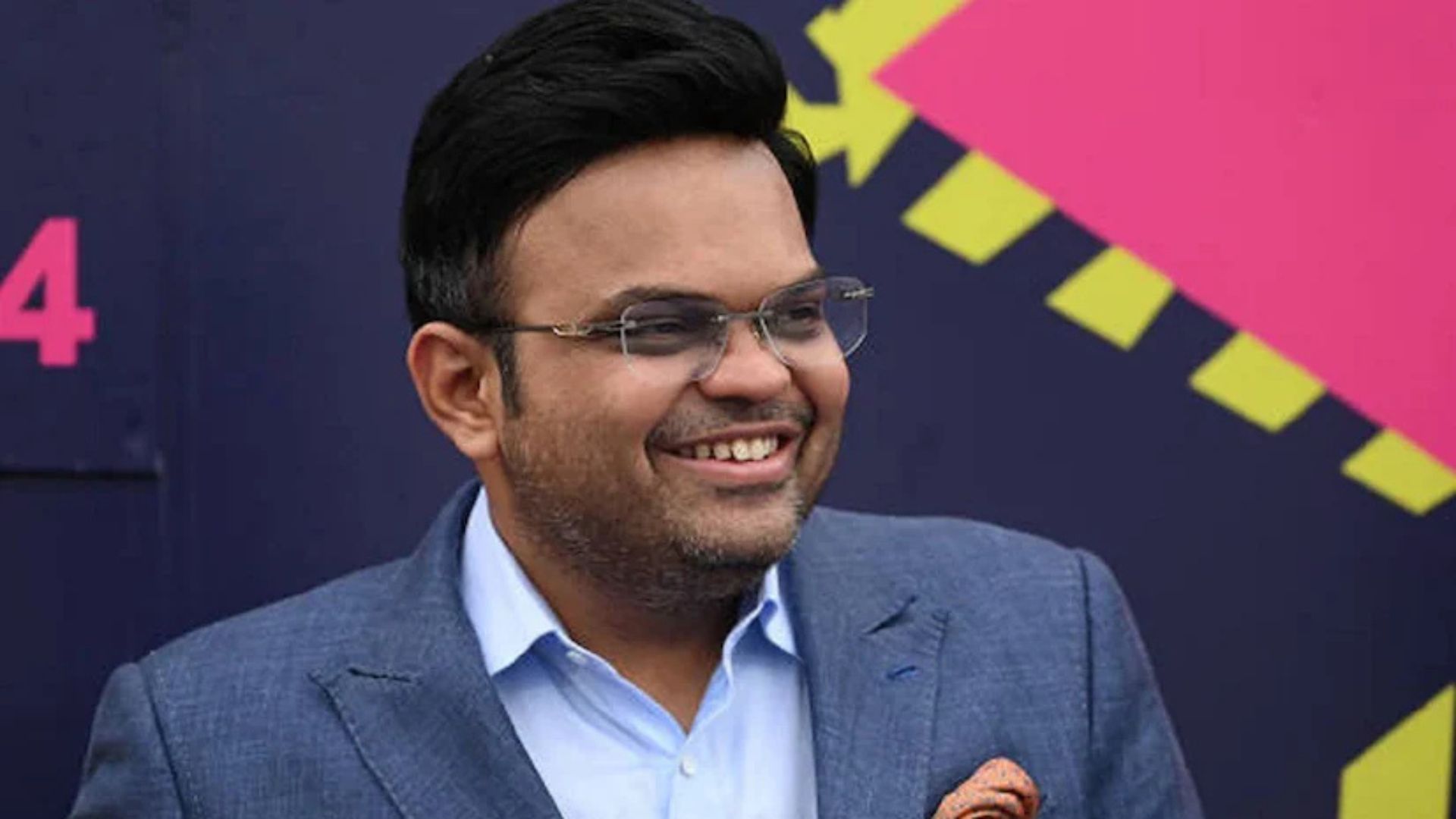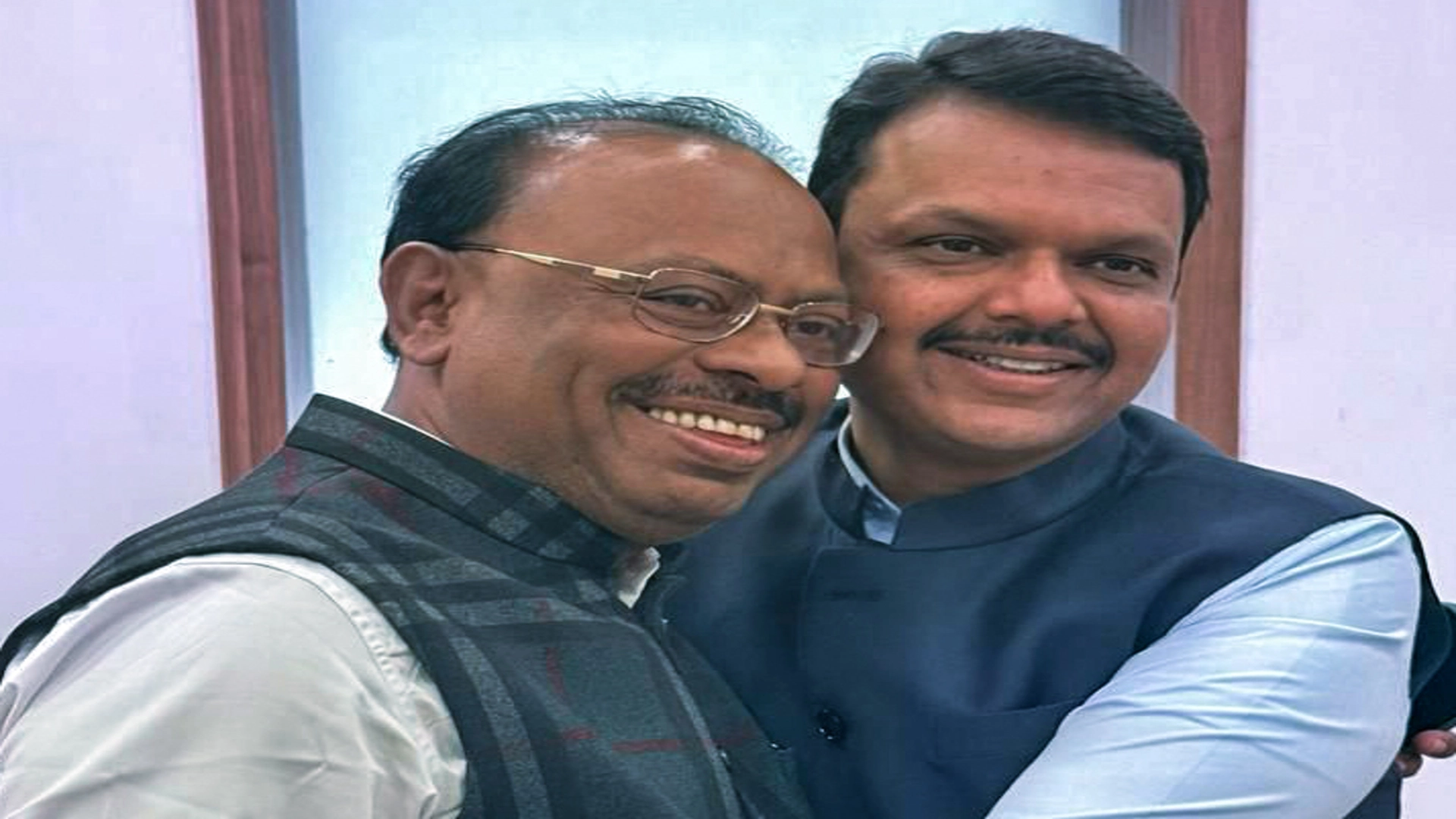
When I was a senior in college, I was entrusted with the task of auditioning and choosing singers for an upcoming group music competition. It was going to be an inter collegiate contest and I had to pick and train the best singers from among the first-year students. I was fortunate to listen to a wide gamut of talented singers and it was a pleasure to hear them. But, today, many years later, among all those candidates, I still remember only one.
She wasn’t the best trained, she wasn’t the one with the best vocal range or with the best repertoire of songs. She was a simple girl with a simple voice. Completely uninitiated into formal musical training, she had come into the audition with nothing else but just a desire to sing and to be heard. As she opened her mouth to sing, I got lost in the earnestness and simplicity of her singing. It was pure joy, and I saw my intellect switch off and my heart just tune in to her voice and her presence. Aruna left a lasting impact in my mind. Her earnestness, her desire to just melt into her own singing, and her pure and simple notes, told me who she was and what her soul was trying to communicate through her music.
As humans, we are innately intuitive and we pick up signals very well. Which is why we did not really need formal language to communicate when we started off as apes. Love, affection, rebellion and anger were all easily communicated through body language and facial expression. Babies, for example, can sense who they can trust and who they can’t, without even being able to think. It’s an instinct they are gifted with for survival.
Even as adults, when we communicate, what we pick up usually is not what the other person is saying, but what he or she means. We can sense disapproval, acceptance, warmth, dislike, trepidation and even suspicion from the undertones of a conversation, irrespective of what words the person uses.
Music is no different. We can see this countless times in music performances. The same Raag (melodic scale in classical music) can be sung in so many different ways depending on who is performing and what the artist communicates through the rendition. One can sense a wide range of undertones in a performance, ranging from arrogance and vanity to humility and submission. From anger and aggression to warmth and compassion. From greed and self-centeredness to selflessness and divinity.
I am reminded of a performance I once heard, by an extremely talented musician. His performance was an unimaginable display of musical prowess, a vocal range one can only aspire for after decades of relentless training and a flexibility of voice that was unparalleled. It was a perfect performance and was flawless. But what was communicated through the music was only a desire to showcase his vocal skills. It happens surprisingly often that we come across extremely well-trained artists who are still to learn humility, compassion and love. This reflects strongly in their music. On the contrary I have also come across singers from all walks of life, including those who sing in trains and on the roads for a few pennies, who have brought me to tears with the earnestness, humility and pain they communicate through their music.
This is not to say that training and the rigour of practice and Riyaaz holds no water. Certainly, innate prowess, persistent practice and development of technique are extremely important. But that alone cannot suffice. Those are tools to allow the person in the music to come forth and connect with others, the person who can, through music, bare his or her heart and share his or her soul to the audience.
The most powerful melody is not one that is flawless. The most powerful melody comes from the soul that powers the music. It is one that is unsung.
The writer is a vocalist of both Hindustani and Carnatic Classical music, with over three decades’ experience. She is also the founder of Music Vruksh, a venture to make classical accessible for its aesthetic and wellness benefits.













